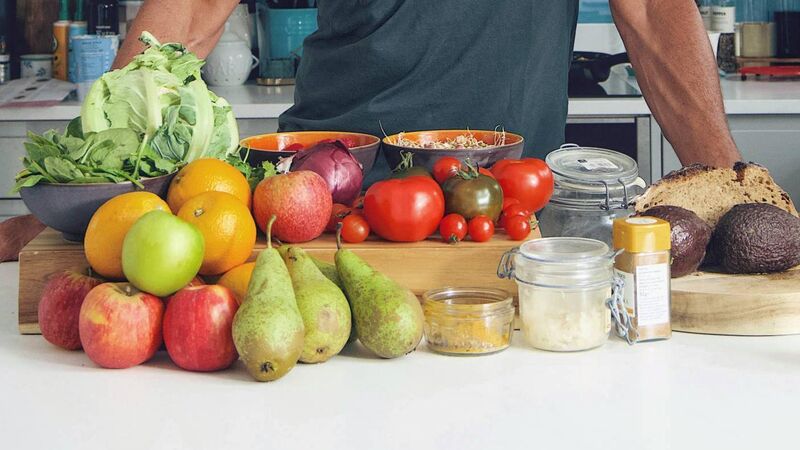Ferment: How we can cultivate the revitalising power of microbes

Try from €1.50 / week
SUBSCRIBE
What does Tim Spector eat for breakfast? It’s a question that comes up a lot for the British medical doctor, gut scientist, professor of genetic epidemiology at King’s College London and co-founder of the Zoe nutrition app.
What does Tim Spector eat for breakfast? It’s a question that comes up a lot for the British medical doctor, gut scientist, professor of genetic epidemiology at King’s College London and co-founder of the Zoe nutrition app.
An expert at making science accessible to a wider public, he’s also a podcaster and author of several bestselling books, including Spoon-Fed and The Diet Myth, exploring topics such as genetics, food myths and microbes.
Already a subscriber? Sign in
You have reached your article limit.
Annual €130 €80
Best value
Monthly €12€6 / month
Introductory offers for new customers. Annual billed once for first year. Renews at €130. Monthly initial discount (first 3 months) billed monthly, then €12 a month. Ts&Cs apply.
Newsletter
Feast on delicious recipes and eat your way across the island with the best reviews from our award-winning food writers.
Newsletter
The best food, health, entertainment and lifestyle content from the Irish Examiner, direct to your inbox.
© Examiner Echo Group Limited